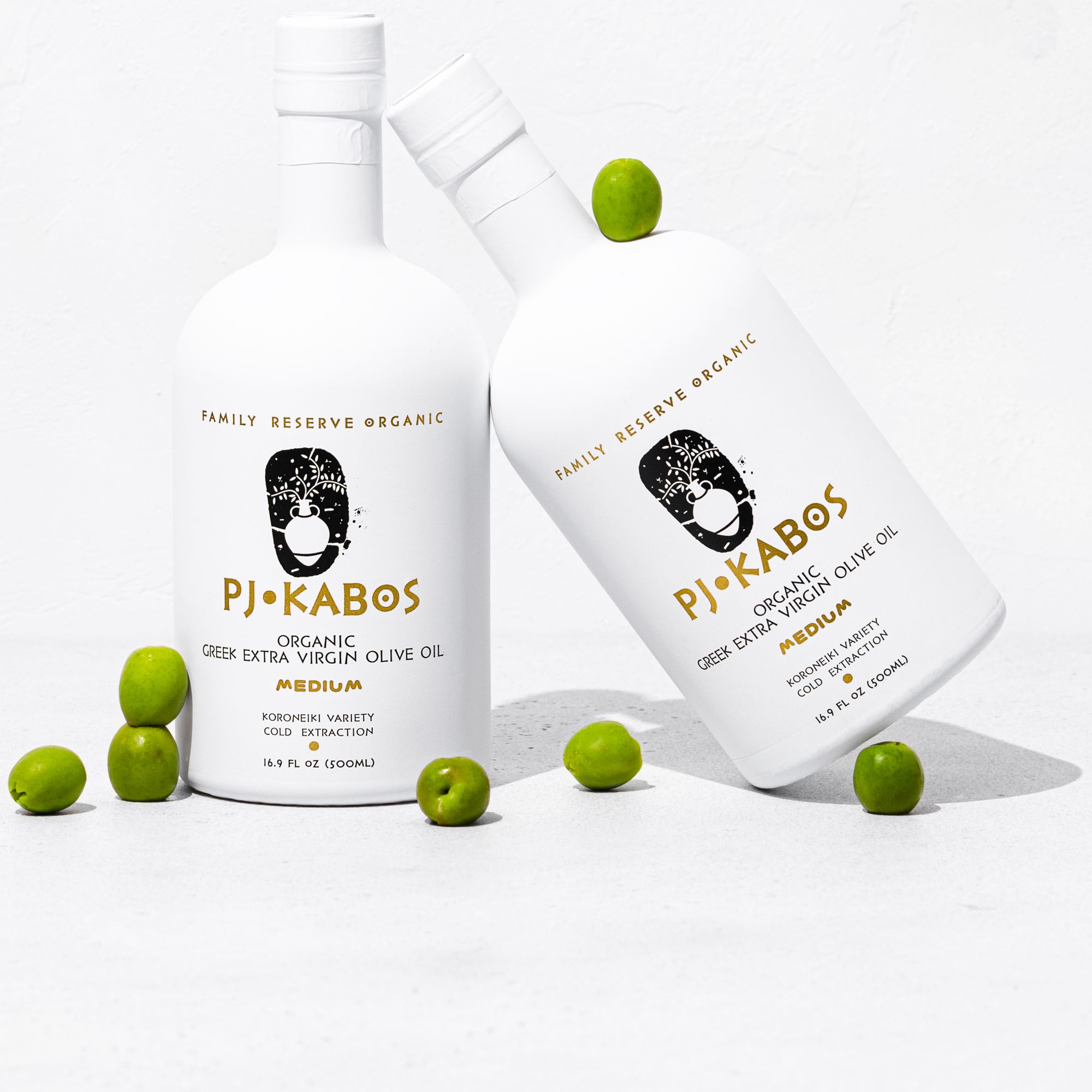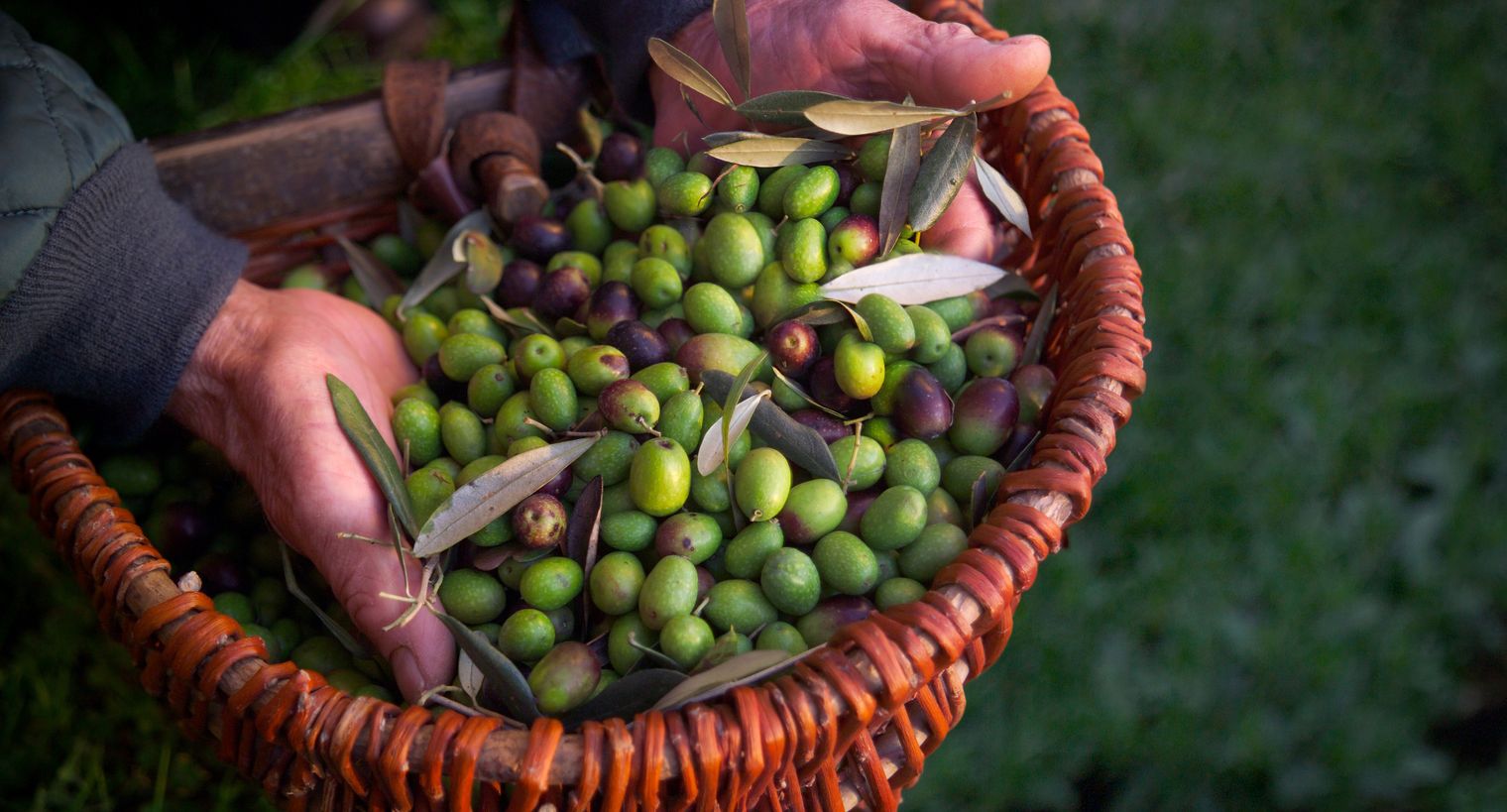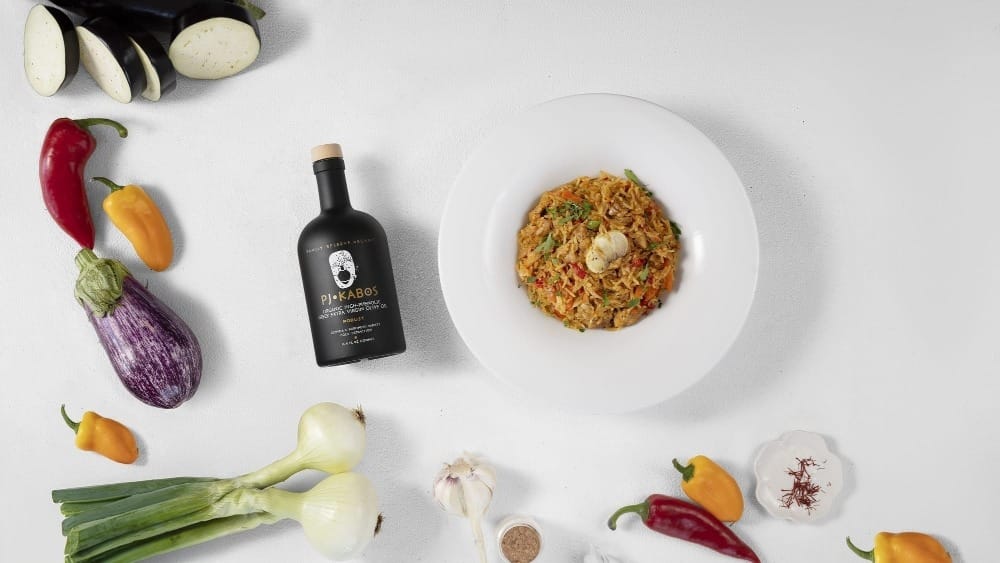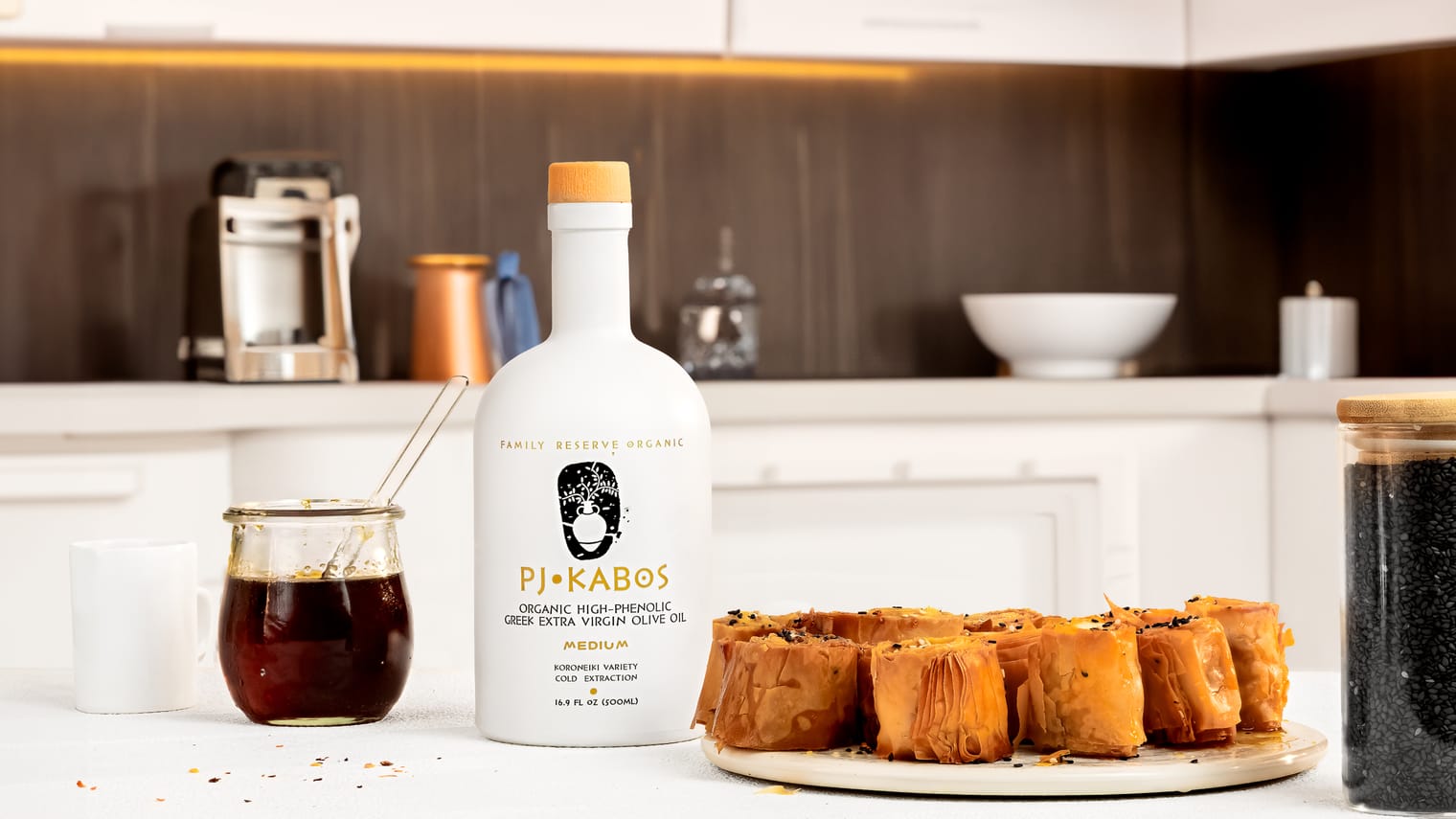There's a wonderful world of knowledge to explore when it comes to olives. One question that often surprises many is: "Are olives a fruit?" The answer is a resounding yes! Let’s dive into some more fun facts and enlightening information about olives.
Olives: The Unexpected Fruit
Botanically speaking, olives are classified as a fruit, specifically a drupe (stone fruit), much like cherries, peaches, and plums. They grow on the olive tree, Olea europaea, and contain a single stone or pit inside.
Variety and Versatility
Olives are not just diverse in their varieties but also in their uses. They can be enjoyed in various forms:
- Raw: Fresh off the tree, although they require curing to reduce their bitterness.
- Cured: Processed using brine, lye, or dry curing to develop their unique flavors.
- Pressed: Olives are pressed to extract their oil, a staple in Mediterranean cuisine and beyond.
Colorful Changes
Did you know the color of the olive indicates its ripeness?
- Green Olives: Harvested before they are fully ripe.
- Black Olives: Allowed to ripen on the tree.
Nutritional Nuggets
Olives are a nutritional powerhouse, offering a host of health benefits:
- Healthy Fats: Rich in monounsaturated fats that promote heart health.
- Antioxidants: Abundant in antioxidants, aiding in fighting off oxidative stress.
- Vitamins and Minerals: A good source of vitamin E, iron, copper, and calcium.
Culinary Creations
The world of olives extends into various culinary domains:
- Olive Oil: A cornerstone in many recipes, providing flavor, and health benefits.
- Tapenade: A delicious paste made from olives, capers, and olive oil.
- Garnish: A perfect topping for salads, pizzas, and pasta.
Olives Around the World
Olives have a global presence, with Spain, Italy, and Greece being the top producers. The olive tree’s symbol of peace and wisdom is globally recognized.
Conclusion
The humble olive, a delightful fruit, is a treasure trove of taste, nutrition, and versatility. So, next time you enjoy a savory olive tapenade or a drizzle of extra virgin olive oil, remember the fascinating journey and facts behind this marvelous fruit. Appreciating olives beyond their taste deepens the enjoyment and exploration of culinary adventures and healthful living.
Product placement
PJ KABOS 'Family Reserve Organic - Medium'
High Phenolic and 2022 Gold-Award Winner.
Declared as 'One of the World's Best Olive Oils'.
Click here to shop.





